Place your adverts here on InfoDig @ low rates; banner ads, sponsored links and guest articles etc. Contact us

In partnership with

Good morning ☀️
If you’re looking to give your team a competitive advantage, Moonshot is offering a 30% discount for teams and groups.
Moonshot 2024 provides valuable content to foster team growth and innovation. Your team members can engage in workshops focused on accelerating startup growth, participate in panel discussions about building elite teams, and attend additional sessions offering strategic insights to help achieve international development goals.
Save a row for your team at Moonshot and get a 30% discount on 5 or more tickets.

Last-mile delivery companies raise prices by 23%
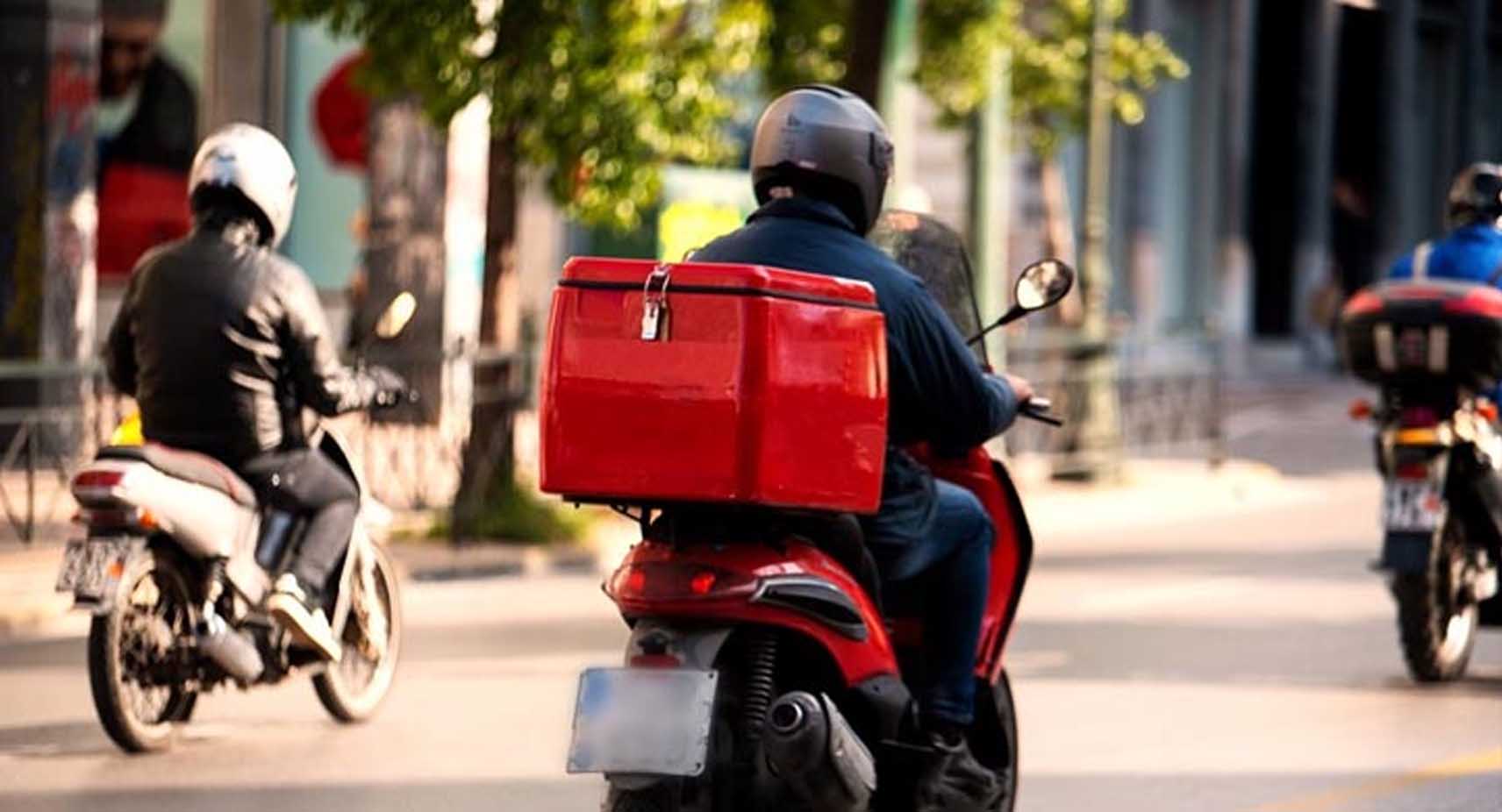 Image Source: Google
Image Source: Google
After the 40% fuel price hike that rocked Nigeria on September 3, businesses heavily dependent on fuel were always going to react. One after the other, they’ve been adjusting to the new cost of doing business.
Our first report looked at the gig economy where drivers asked customers to pay more or cancel their rides.
Food delivery companies got creative, offering their riders incentives to avoid passing on some costs to customers.
Yet, last-mile delivery companies are doing the hard thing: raising prices to stay afloat. They are able to do this because, unlike ride-hailing apps and food delivery companies, they do not operate two-sided businesses.
Fez Delivery, for instance, said it will raise its base price from ₦2,500 ($1.55) to ₦3,075 ($1.9), a 23% increase for small packages. At least four last-mile delivery services told TechCabal that they have either raised prices or plan to raise them. Businesses that rely on them will likely pass on the increased costs to end-users.
However, last-mile delivery companies that compete on price alone will struggle. Customers will simply choose the cheaper option and this could well lead to a pricing war. When there’s a pricing war, customers are clear winners—unless these companies do better to retain them on something other than pricing.
Will these trade-offs come back to bite? Only time will tell. For now, these last-mile delivery businesses only want to survive.
Read Moniepoint’s Case Study on Funding Women
After losing their mother, Azeezat and her siblings struggled to keep Olaiya Foods afloat. Now, with Moniepoint, they’re transforming Nigeria’s local buka scene. Click here for a deep dive into how Moniepoint is helping her and other women entrepreneurs overcome their funding challenges.
Safaricom doubles internet speed
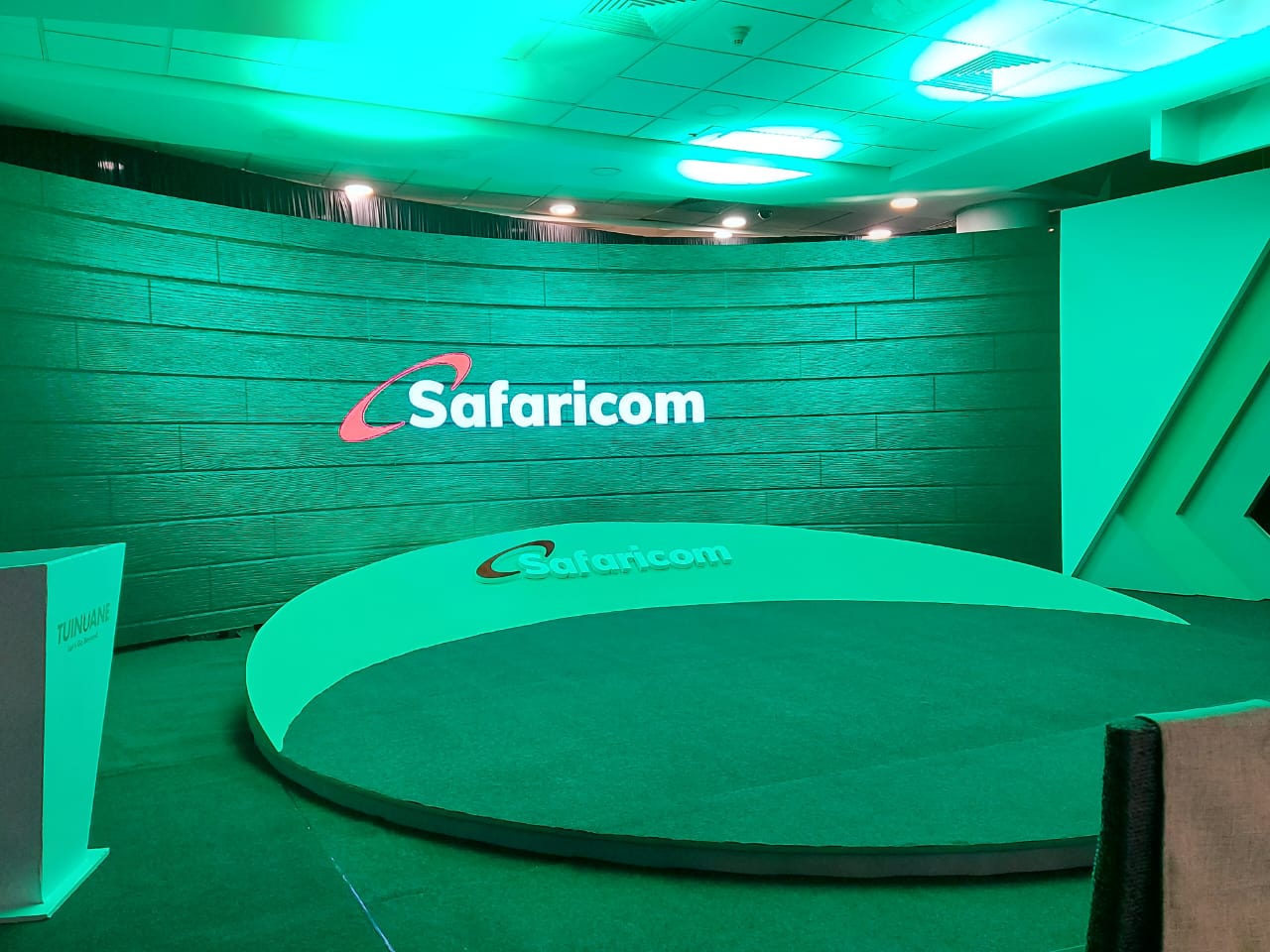 Image source: TechCabal
Image source: TechCabal
Since Starlink began gaining popularity in Kenya, Safaricom, the country’s biggest telecom has responded in a number of ways. Safaricom first responded by asking the Communications Authority (CA) to stop granting licences to independent licences to satellite internet providers like Starlink.
Safaricom argued that granting satellite providers independent licences could lead to illegal service provision, disrupt existing mobile networks, and pose a threat to national security.
While the regulator waits to decide on Safaricom’s claim, the telecom has responded by doubling the speed of its fibre internet packages.
Safaricom has now upgraded its 10 megabits per second (MBPS) connection to 15 MBPS at KES 3,000 ($23). Customers on the 20 MBPS plan now have a 30 Mbps connection, while those on the 40 MBPS plan will now enjoy up to 80 MBPS.
However, these changes still dwarf Starlink’s offering to users. Starlink offers cheaper subscription plans and stronger internet connectivity to these users. The satellite ISP offers internet speed of 150Mbps for standard plan and 220 MBPS with its priority plan to Kenyan users at a cheaper fee. Users can get a 17 GB for $15 on Safaricom, while Starlink offers a 50GB bundle for $10.
Although Safaricom dominates the Kenyan market with a 66% share, Starlink’s growing popularity poses a serious threat. While Starlink’s internet speeds are superior, the cost of purchasing its equipment remains a barrier for some users. But it is hoping to win over users through borrowing the kit for $15 monthly.
Issue USD and Euro accounts with Fincra
Whether you run an online marketplace, a remittance fintech, a payroll, a freelance platform or a cross-border payment app, Fincra’s multicurrency account API allows you to instantly create accounts in USD and EUR for customers without the stress of setting up a local account. Get started today.
Feasibility report shows Kenya could’ve saved $220 million in Adani deal

It’s been widely reported that the Jomo Kenyatta International Airport (JKIA) lease deal between the Kenyan government and India’s Adani Group is getting a lot of flak.
First, the deal got temporarily suspended on September 10, after human rights advocates petitioned the high court. The Law Society of Kenya (LSK) and the Kenya Human Rights Commission (KHRC) argued that the funds needed could be raised without a multi-decade leasing contract.
“The Adani proposal is unaffordable, threatens job losses, exposes the public disproportionately to fiscal risk and offers no value for money to the taxpayer,” they said.
Second, thousands of aviation union workers came out en masse to enforce a six-hour strike action that grounded all flight activities on September 11.
The deal would have allowed Adani to finance JKIA renovations with $1.85 billion and run the airport for 30 years, starting in November.
But the chances of the deal going through could become bleaker after a feasibility report commissioned by the Kenya Airports Authority (KAA) showed a cheaper option for upgrading the airport.
This study, conducted by consultancy firm ALG, projected a 30-year upgrade and maintenance plan costing KES 211 billion ($1.63 billion). ALG’s report suggested a competitive bidding process for different local private bidders to handle different aspects of the project. This could’ve saved some money.
However, the government ignored ALG’s recommendations and hurriedly gave the contract to Adani 17 days after a proposal came in on March 1, without allowing other companies to bid.
That leaves one question: was this a case of favouritism by the government for Adani?
The answer is not clear, but this will likely separate Adani further from its goal in Kenya.
Introducing Pay with Pocket on Paystack Checkout
Paystack merchants in Nigeria can now accept payments from PocketApp’s 2 million+ customers. Learn more →
The World Wide Web3
Source:

| $62,959.17 |
– 1.46% |
– 1.89% |
|
| $2,620.01 |
– 1.49% |
– 5.33% |
|
|
$0.1385 |
+ 49.42% |
+ 672.38% |
|
| $145.92 |
– 0.57% |
– 8.04% |
* Data as of 06:01 AM WAT, September 24, 2024.
Opportunities
- The Entertainment and Media Hubs Programme funded by the Bill and Melinda Gates Foundation is now open. If you’re an emerging or established content maker in film, TV or the Creator Economy in Nigeria or Kenya, you can apply to get access to the community, skills training, equipment and funding. Apply here.
- Inside the big stories transforming the Arabian Peninsula and the world. Introducing Semafor Gulf – your go-to source for understanding the rising influence of Saudi Arabia, the UAE, and Qatar. Three times a week, the Semafor Gulf newsroom will bring you original reporting that examines how the region’s financial, business, and geopolitical decisions shape the world, from culture and investment to infrastructure, climate, and technology. Navigate the region’s capital, influence, and power with Semafor Gulf – subscribe for free here.
Issue virtual USD cards for you and your customers
Do you want to issue virtual USD cards for your customers and business expenses? Use Kora’s APIs to issue cards, customise your card program, and set your customers’ funding limit to your risk level. Get started here.

Written by: Faith Omoniyi and Emmanuel Nwosu
Edited by: Olumuyiwa Olowogboyega & Timi Odueso
Want more of TechCabal?
Sign up for our insightful newsletters on the business and economy of tech in Africa.
- The Next Wave: futuristic analysis of the business of tech in Africa.
- Entering Tech: tech career insights and opportunities in your inbox every Wednesday at 3 PM WAT.
- TC Scoops: breaking news from TechCabal
P:S If you’re often missing TC Daily in your inbox, check your Promotions folder and move any edition of TC Daily from “Promotions” to your “Main” or “Primary” folder and TC Daily will always come to you.

 3 hours ago
37
3 hours ago
37

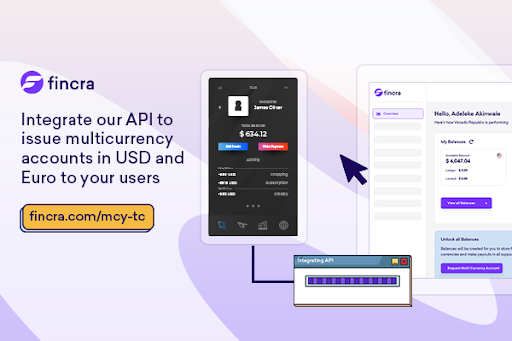
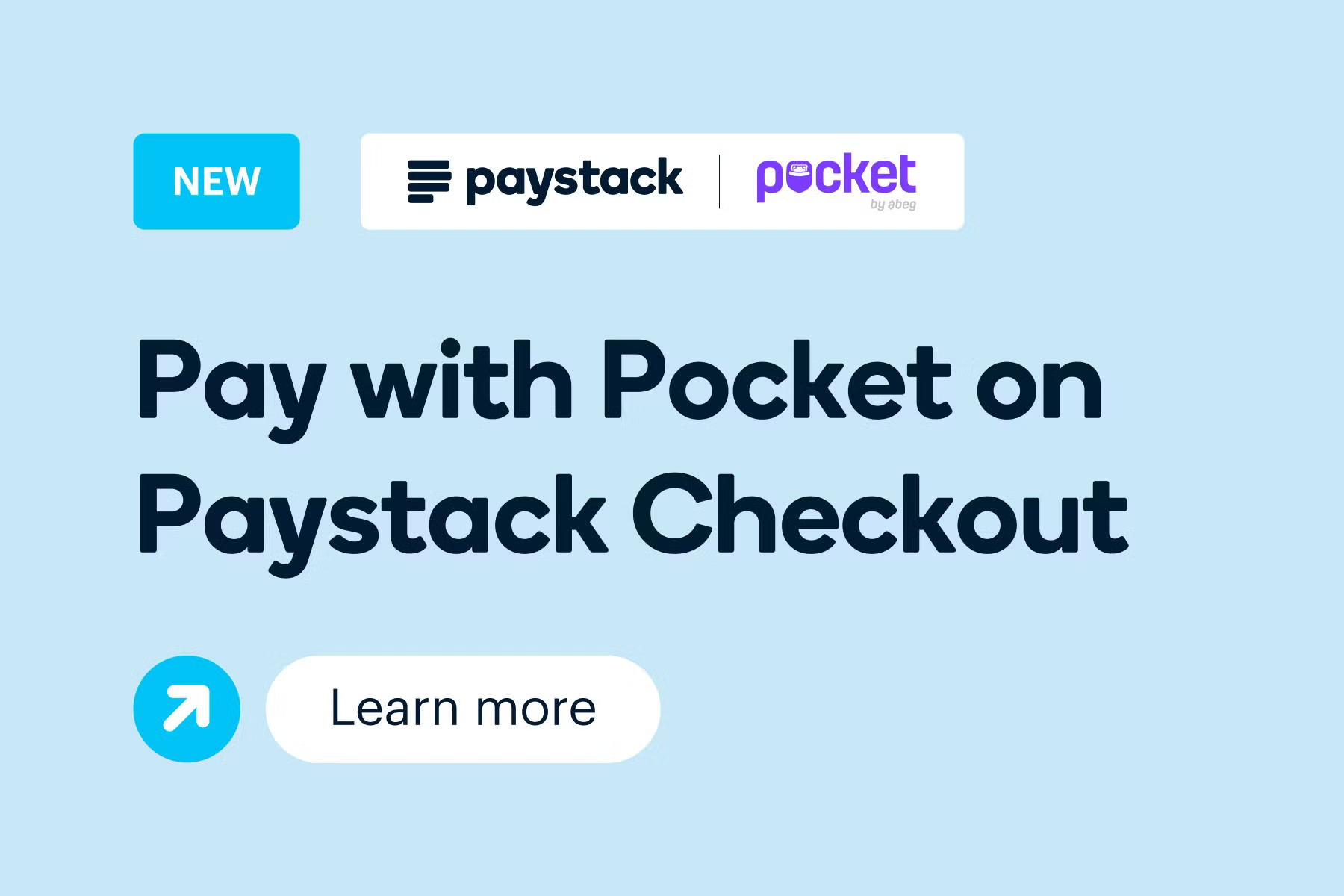
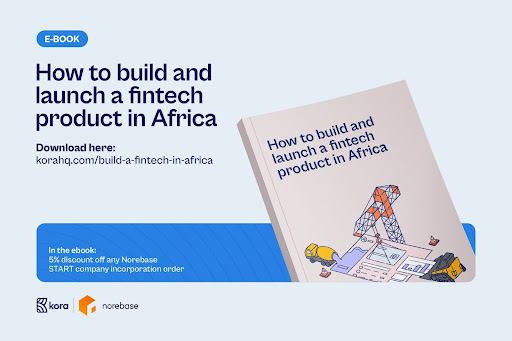

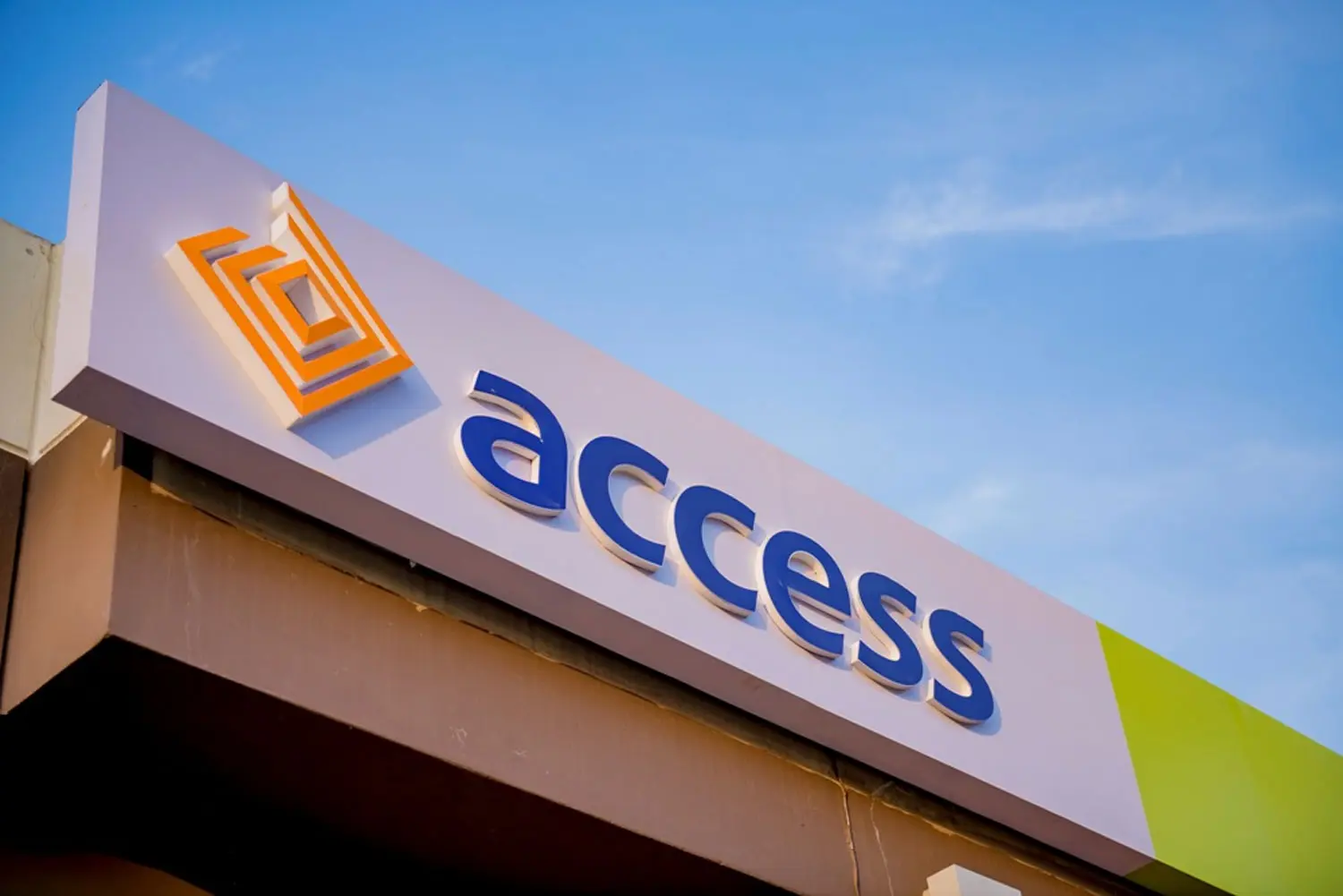














 English (US) ·
English (US) ·